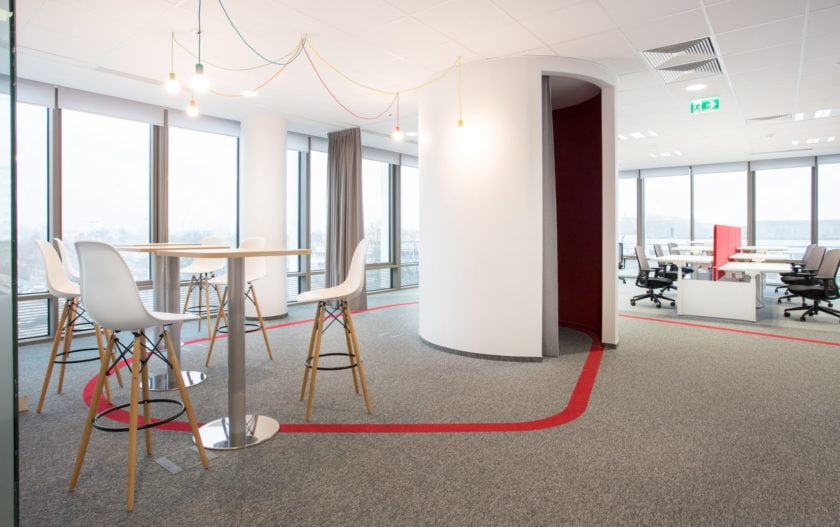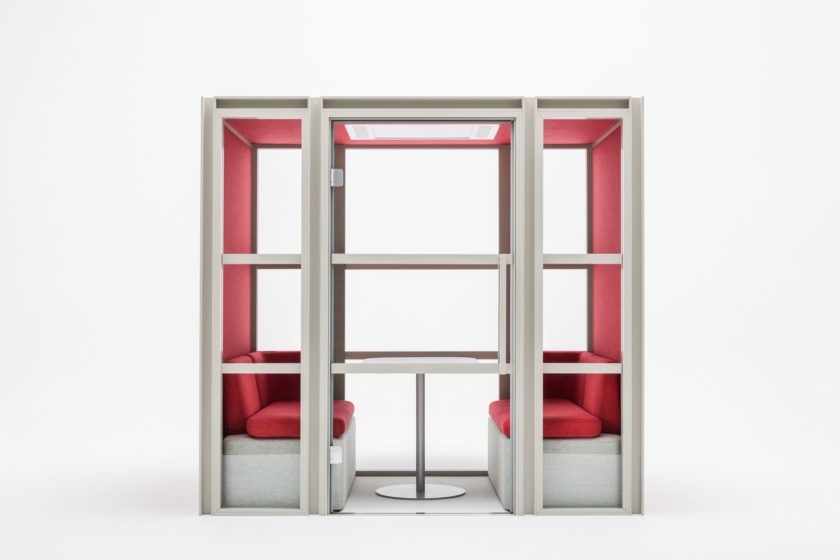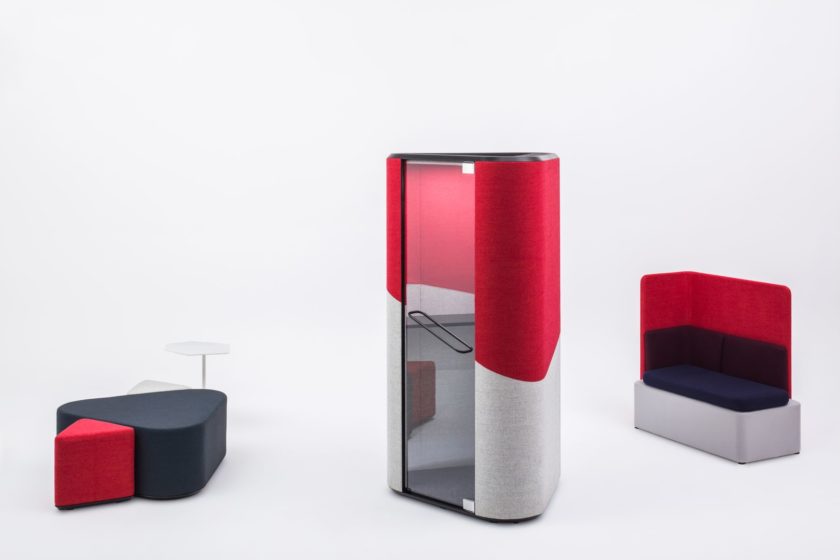To discuss workplace acoustics mainly mean to talk about open space and the consequences it has on work efficiency. No surprise as this solution is burdened with a kind of a paradox. Instead of supporting effective communication and free flow of information, it is absolutely useless when not balanced out with office noise.
Dr. Vinesh Oommen of the Queensland University of Technology’s Institute of Health and Bio-medical Innovation conducted a research in open space offices and concluded that employees of those areas are confronted with a number of problems. The most bothersome are: lack of privacy, health issues, excessive stimulation and acoustic discomfort, which unfortunately cause low job satisfaction and poor productivity. Ninety percent of employees believe moving to an open space plan has a negative influence on them and their work; there is also increased likelihood of conflicts within the team.
Oomen believes that those conclusions should prompt employers to think twice before introducing open spaces into their own firms. Smaller and more private offices are more staff friendly, however, from economic point of view less profitable. Open space layout allows a company to cut the cost of construction by 20%, to ensure optimal working conditions though, it’s worth investing in solutions improving acoustics of the place.

The noisy office issue becomes an extremely significant problem these days. Acoustic products become a necessity, they define the purpose of creating individual zones without the need of putting up physical walls that are hard to modify later on- designer Dymitr Malcew explains.

There are 2 main problems connected with working in open space: high level of noise and sound penetrating into every corner of the room. You can minimize both by introducing partition walls, acoustic panels (e.g. MDD Sonic Panels) and very popular soft fabrics with irregular texture. Acoustic booths are also well liked as they replace ‘quiet rooms’. They easily provide staff with comfort during work, phone conversations or meetings.

Acoustic booths are compatible with the idea of dynamic work. Using them to complete tasks can be just as, if not more, effective than desk work. Ivette Tietema, a psychoacoustic researcher believes that 75% of employee comfort is strictly psychological. The idea of team work can, therefore, work in conjunction with the idea of individuality.